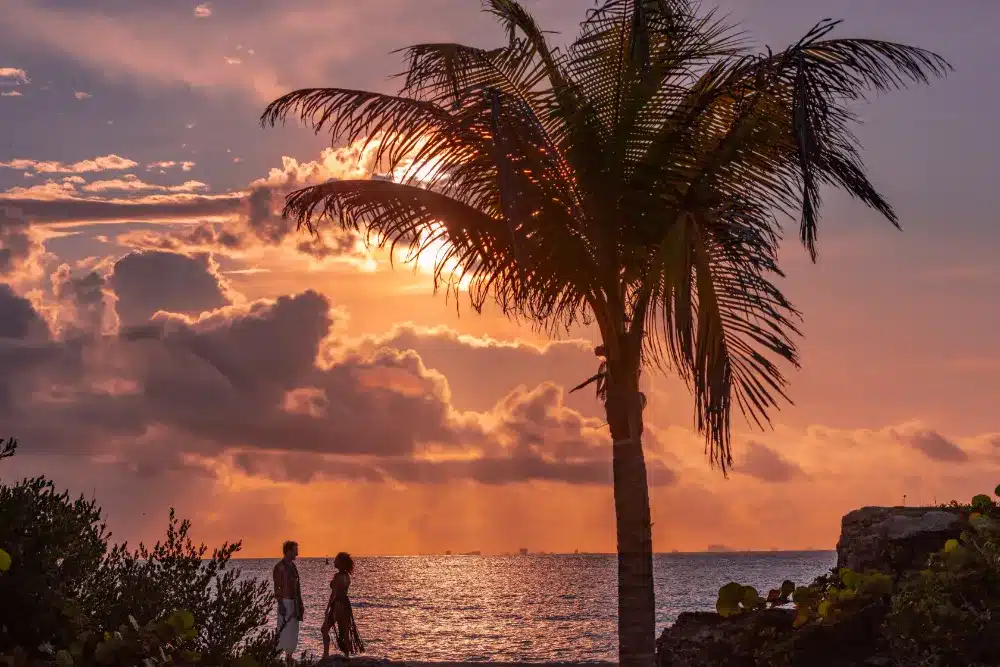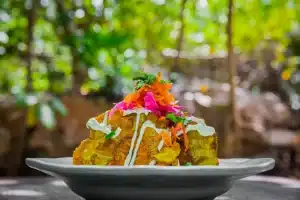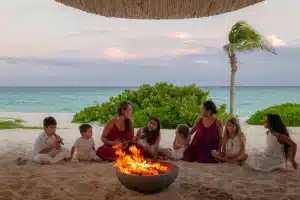The purpose of humanity is to take care of each other. To provide the opportunity to share in the wealth of existence, to relish the benefits of nature. To partake in the voyage of our consciousness, merging the invisible projections of our mind with the tangible reality of our corporeal experience. Such is the way of things. We are a part of nature.
Elasticity & Nature
When we explore our consciousness we do so with an embedded risk. Our physical appearance, or experience, may not match the desires and functions of our imagination. We may find ourselves wading in a pool of confusion, anchored by the superficial impressions that accompany us throughout the day. Or, we may take refuge in the convictions of others, or a religion, or from an endless array of possible inputs and philosophies. These may hold us and keep us from questioning our true origins as much as they may protect us from our deepest fears.
The truth is we are alone. Each and everyone of us lives a unique reality that merges our perceptions with varying degrees of sensibility, intelligence, and experiences. This in turn gives shape to what we become. Science has begun to realize what the old masters have known for a long time, that the mind is elastic, that our consistent thoughts and intentions guide our awareness, which in turn shapes our potential for adaptation and change, our ability to grow and optimize human health.
Exposure to nature and green space helps our elasticity by cementing our unity with natural world and the natural order. A forest without a wolf becomes out of balance, Yellowstone proved that. Perhaps if we become the wolves of our environment, safe guarding it, nurturing that nature connectedness we all crave, we can re-establish a positive relationship with nature based benefits.
Modernism and Our Hideous Gifts
The urban world we have built was layered-up at extraordinary speed. Like a rocket ship that purges itself of our planet, we have abandoned most of the ancestral habits of our forebears in exchange for a petty and addictive form of consumption. Human nature has been polluted and used as an excuse to deliver excess, instead of satisfaction. Our growing disconnection from nature is making it harder to connect within, looking for solutions fed by apps, instead of just watching it get dark. Natural spaces can never replace artificial ones, because our bodies feel the difference whether we care to or not. The deficit disorder that comes from isolating ourselves is only augmenting this schism from the natural world.
Some say Modernism is just the most refined version of our own true nature. That we have always ruined our environment, whether that meant killing off the giant mammals over the course of a few thousand years, or generating a planet-wide extinction in less than 200. But even in the face of such undeniable evidence, there has always been more than one way to live. There have always been multiple tribes.
Some tribes tried to live in balance with their environment, they held respect for the animals and cycles around them. They did not consider themselves superior, but participants in the ecology of our landscape. Spending time in nature is the easiest way to reconnect with that awareness. The positive emotions that arise open the door to better states of being, just by being there, just by breathing.
Today, we make the same choice, every day. We have so much information, money, and science that we can opt out of extinction and instead deliver ourselves into a better world. We can choose to spend our money where it matters and live with honor, choosing to increase our collective mental health, versus ruining it. To find a spiritual connection with our natural environment.
A Better Choice
Choosing the honorable path is not easy. It is hard. We face obstacles, but this is healthy and normal. Modern life has convinced us that life is supposed to somehow be easy. This dates back to the first advertising messages of the modernist era, when inventions like toilet paper and toothpaste crept into our consciousness and urban environment. Ever since then we have been refining our way of life to be easier and easier at breakneck speed.
At the beginning these inventions did us good. A lot of good. People no longer had as many hygienic issues and life got considerably better. The image of a lone washing machine plugged-in on the edges of a remote jungle, where village women go to wash endless loads of laundry, explains something about the desirability and benefits of modern conveniences—washing those things all by hand is a career unto itself.
However, there are many studies that have shown that contentment only rises up to a certain point. Once you have a roof, a warm bed, washing machine, refrigerator, a stove, access to fresh food and water, well, the satisfaction curve begins to flatten. Having that Ducati may only serve you if it is indeed part of your identity and lifestyle to travel the long road. Otherwise, it’s just another toy.
Public health crises may just be a symptom of a harder-to-find ill, an ill driven by the desire to escape from oneself, to hide from the reality of our collective dysfunction.
This is why we built this hotel, to help people understand their connection to nature and the value this connection can bring to one’s life. How less really is more and why more is a quick slide into less. The values we emphasize are built around experiences and participation. We create an atmosphere where guests can focus on what is most important: their unique, personal journey through consciousness on a small blue dot in the universe. Such is the way of things.
—Andrea Quagliata



